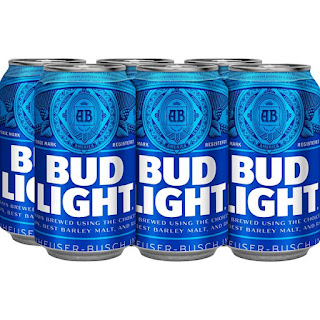how many carbs in bud light
how many carbs in bud light
Bud Light is one of the most popular light beers in the United States, known for its crisp taste and refreshing flavor. For those who are watching their carbohydrate intake, knowing the amount of carbs in Bud Light can be important information. In this article, we will explore the number of carbs in Bud Light and discuss how it can fit into a low-carb lifestyle.
So, how many carbs are in Bud Light? A single 12-ounce can of Bud Light contains 6.6 grams of carbohydrates. This is a relatively low amount compared to other beers, which can have up to 20 or 30 grams of carbs per serving. Bud Light is considered a "light" beer because it is brewed with fewer calories and carbohydrates than regular beer.
For those who are following a low-carb diet, consuming alcoholic beverages can be a challenge. However, with Bud Light, you can enjoy a beer without sabotaging your diet. In fact, Bud Light can be a good option for those who want to enjoy a beer while still staying within their carbohydrate limit.
It's important to note that while Bud Light is relatively low in carbs, it still contains calories. A 12-ounce can of Bud Light has 110 calories, which is about the same as a small apple or a handful of grapes. For those who are trying to lose weight or maintain a healthy weight, it's important to keep track of their calorie intake, as well as their carbohydrate intake.
In addition to being a low-carb option, Bud Light is also gluten-free. This can be a great option for those who have celiac disease or a gluten sensitivity. However, it's important to note that Bud Light is not certified gluten-free, so those with a severe gluten allergy should avoid it.
In conclusion, Bud Light is a relatively low-carb option for those who want to enjoy a beer while still maintaining a low-carb lifestyle. With only 6.6 grams of carbs per serving, Bud Light can be a great option for those who are watching their carbohydrate intake. However, it's important to remember that Bud Light still contains calories and should be consumed in moderation. As always, it's important to consult with a healthcare professional before making any major changes to your diet.
